The Supreme Court of India is scheduled to pronounce its order on August 20 regarding the appeals against the 2023 Calcutta High Court verdict that acquitted an accused in a sexual assault case while making controversial observations about adolescent girls. The High Court’s remarks advising young girls to “control sexual urges” have sparked widespread criticism and legal scrutiny.
On December 8 last year, the Supreme Court strongly criticized the High Court’s verdict, calling some of its observations “highly objectionable and completely unwarranted.” The apex court took note of the comments made by the High Court’s division bench and initiated a suo motu writ petition, emphasizing that judges should not “preach” when delivering judgments.
The bench of Justices Abhay S. Oka and Ujjal Bhuyan is expected to announce its decision on August 20 concerning the appeal filed by the West Bengal government against the High Court’s October 18, 2023, verdict. The bench will also address the issues raised in the suo motu petition.
Background of the Case
The controversy began when the Calcutta High Court acquitted a man who had been sentenced to 20 years in prison for sexual assault. During the appeal, the High Court made statements suggesting that female adolescents should “control sexual urges” as society views them as “losers” if they succumb to short-lived sexual pleasure. The court described the incident as a “non-exploitative consensual sexual relationship between two consenting adolescents,” though the victim’s age made her consent legally irrelevant.
Supreme Court’s Criticism
During the January 4 hearing, the Supreme Court highlighted the “problematic” nature of certain paragraphs in the High Court’s judgment, describing them as “absolutely wrong.” In its December 8 order, the Supreme Court noted that the observations made by the High Court were prima facie violations of the rights guaranteed under Article 21 (right to life and personal liberty) of the Constitution of India.
The apex court stressed that the High Court was only required to adjudicate the merits of the appeal, without veering into irrelevant issues or expressing personal views. The Supreme Court further clarified that the High Court should not have engaged in “preaching” while writing the judgment.
The Awaited Verdict
With the upcoming verdict, the Supreme Court will address the legal and constitutional questions raised by the High Court’s controversial judgment. The case has brought to the forefront critical issues surrounding judicial conduct, the rights of adolescents, and the boundaries of legal interpretation.

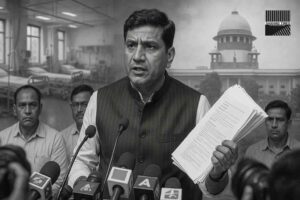



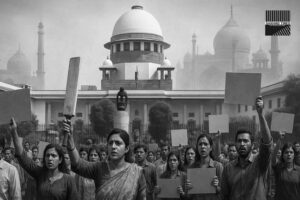






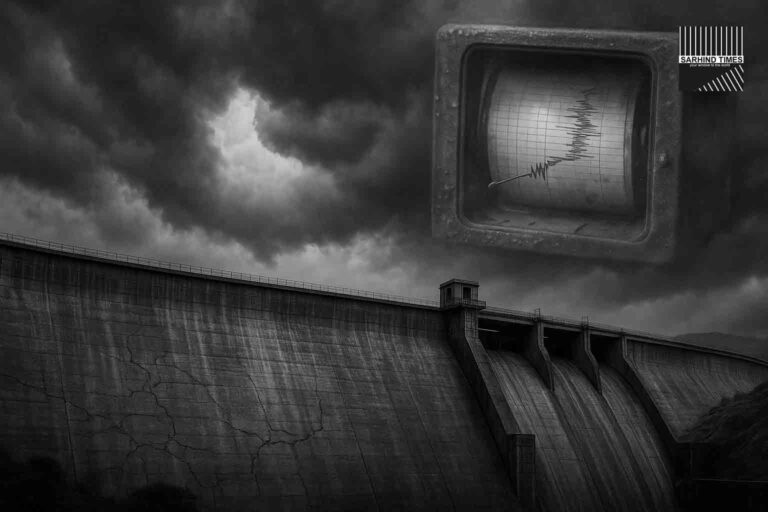
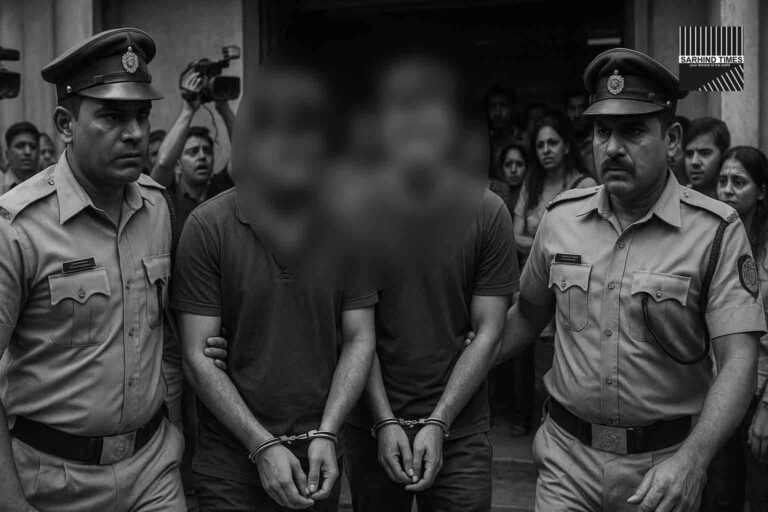
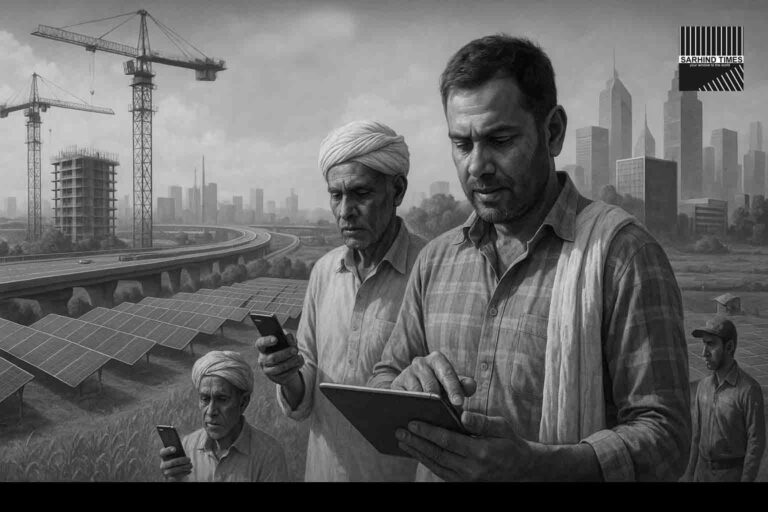
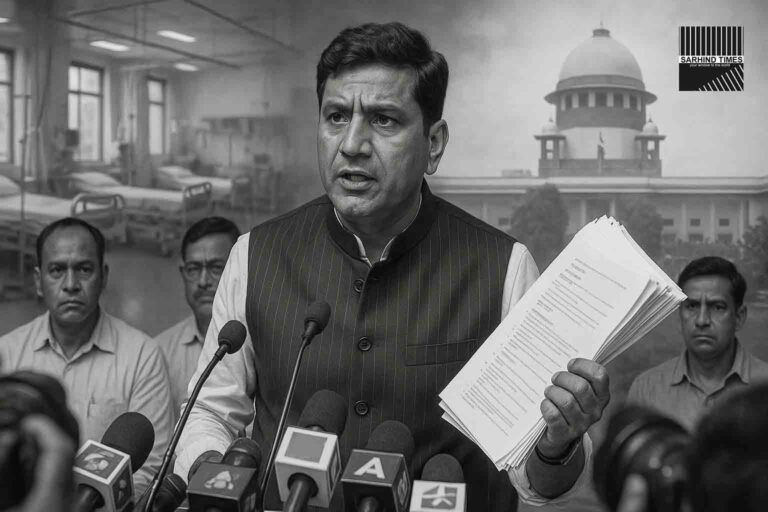
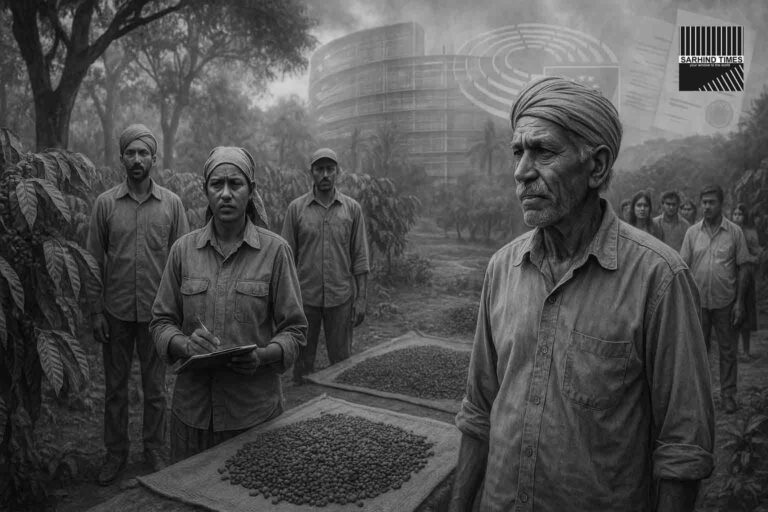
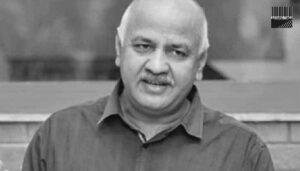

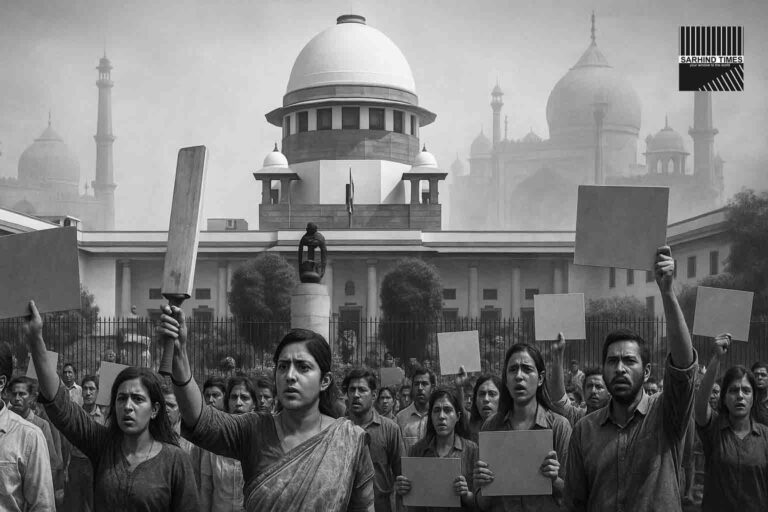
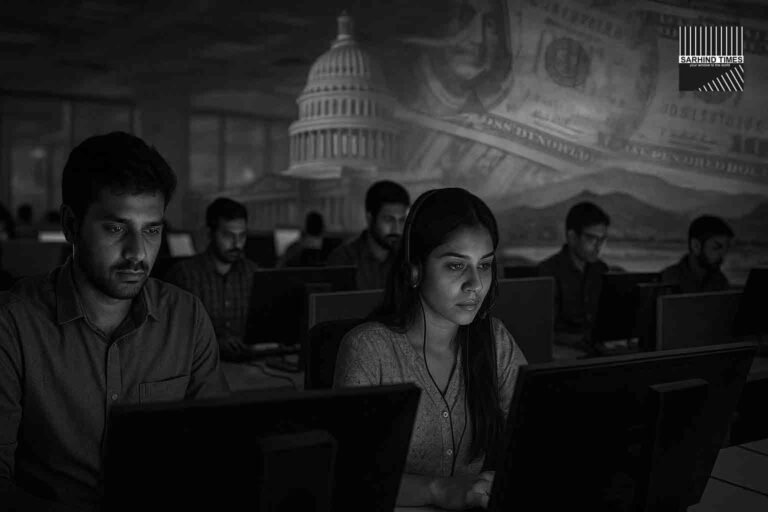
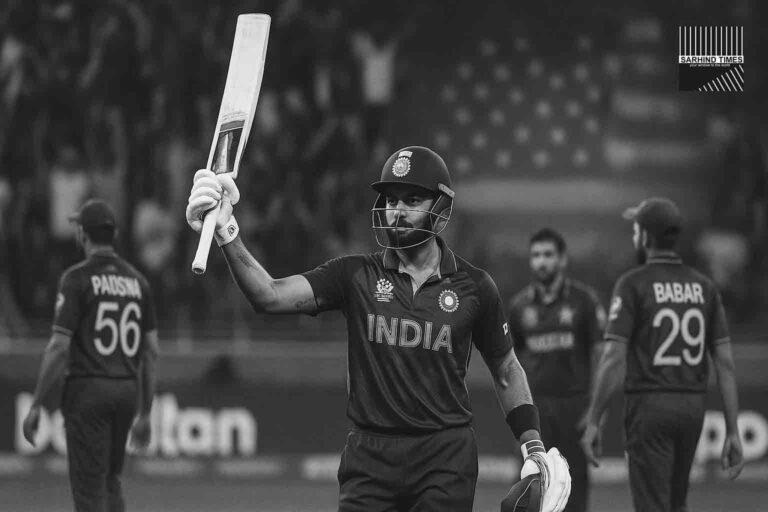
+ There are no comments
Add yours